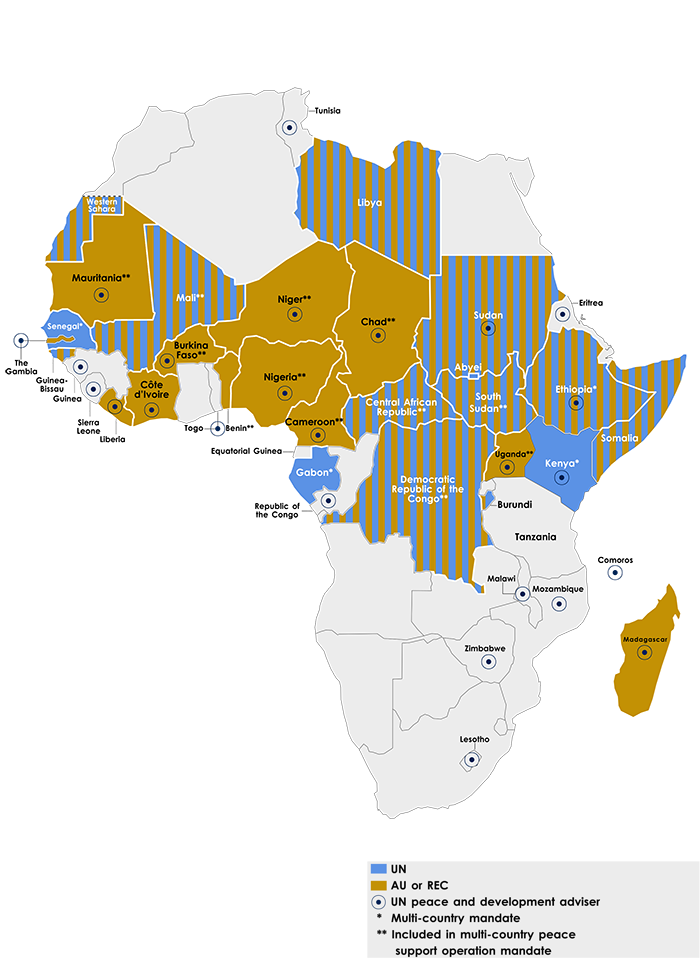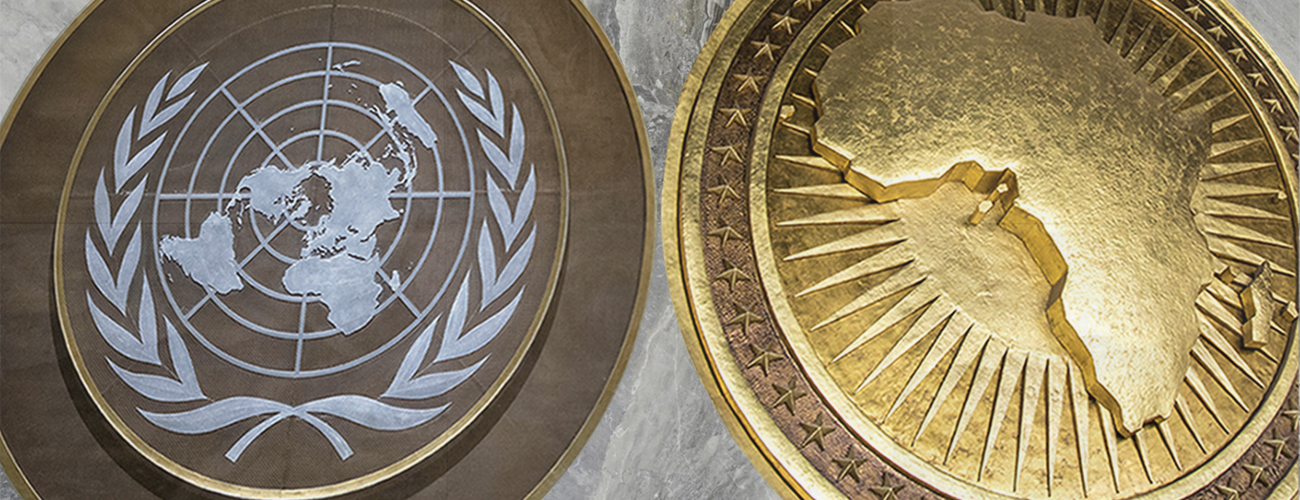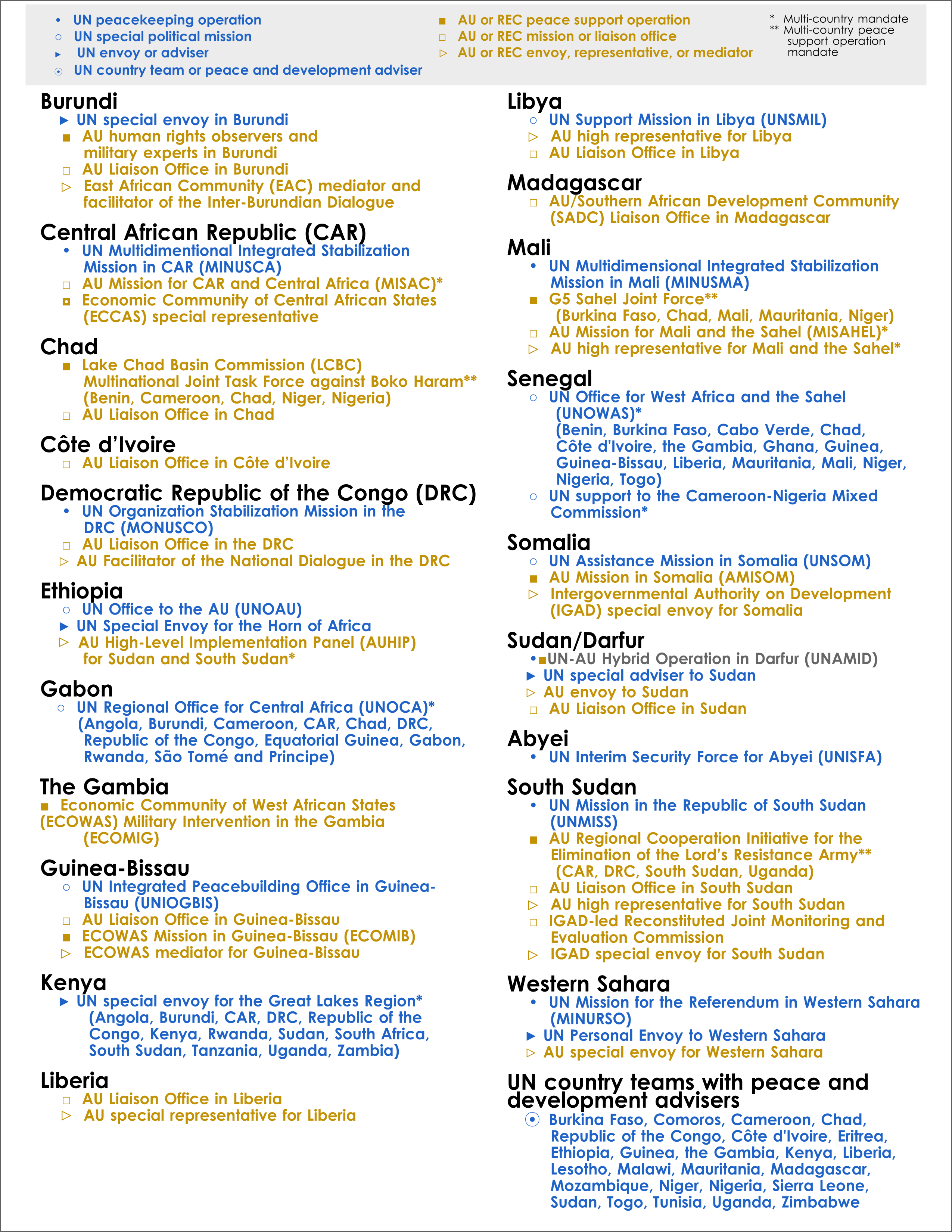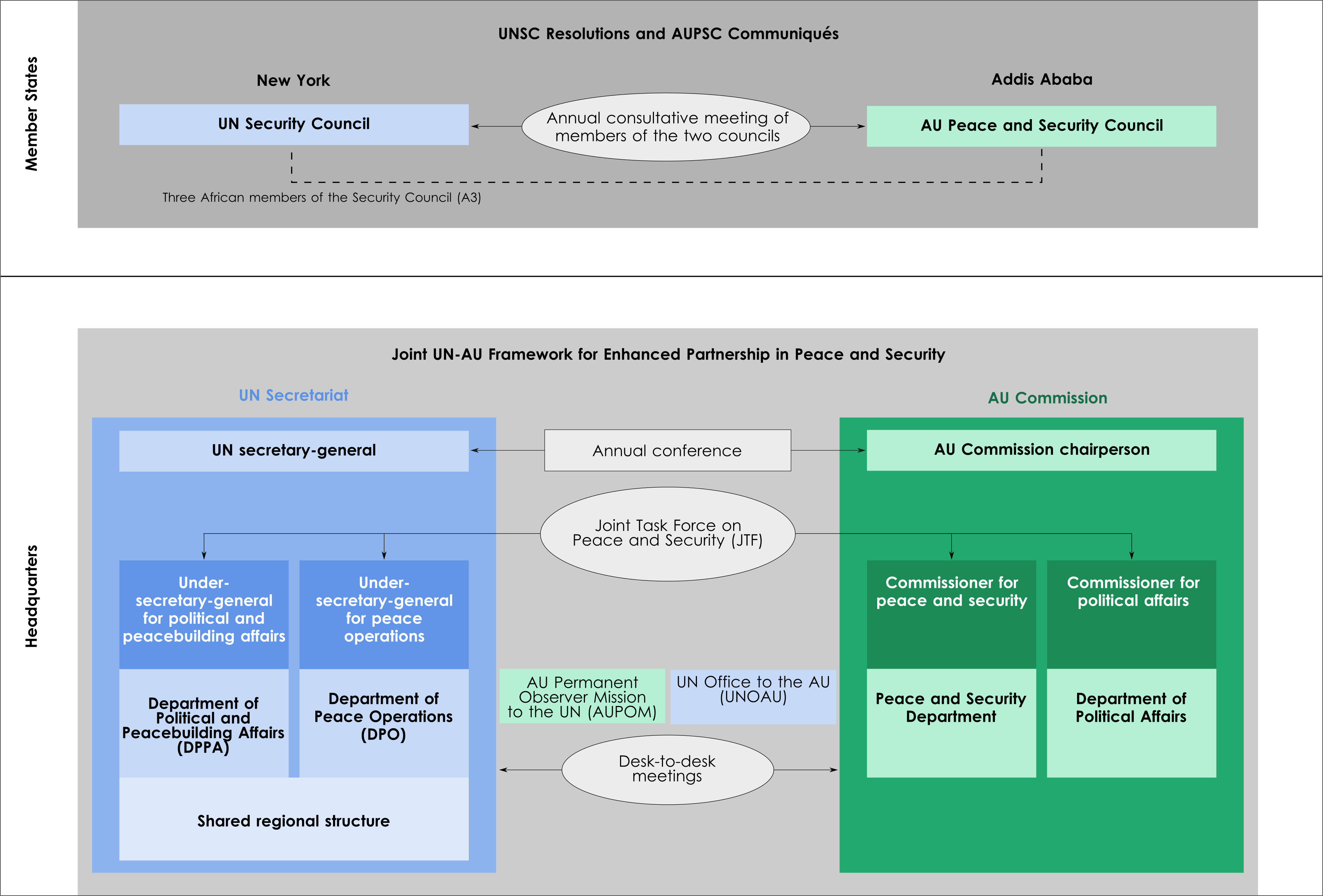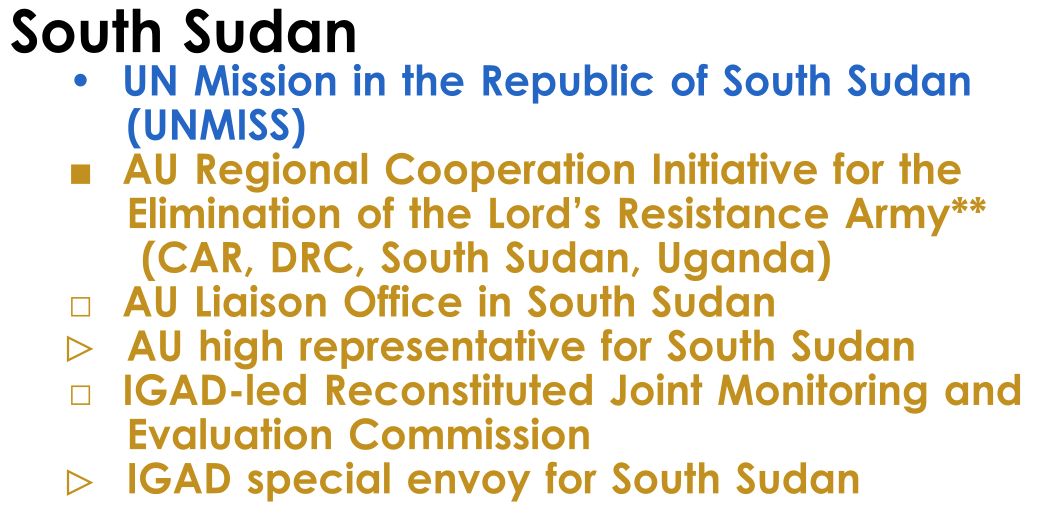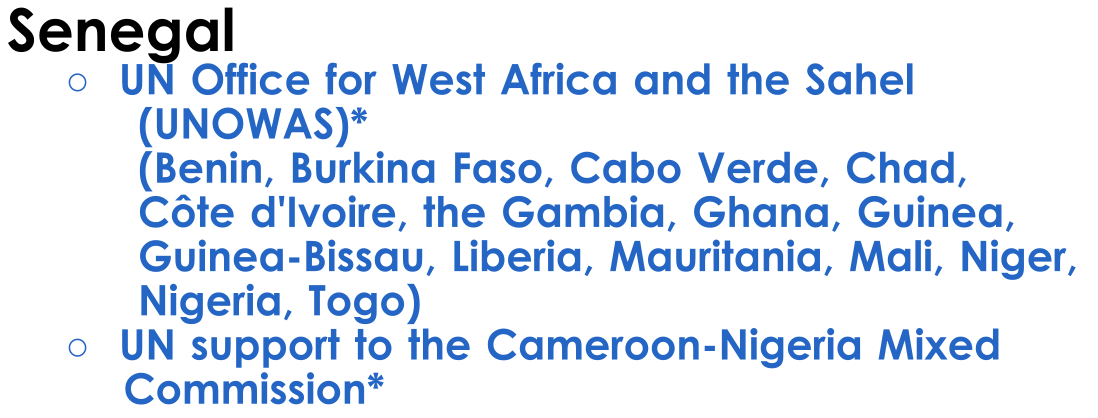UN emblem, October 3, 2017. UN Photo/Cia Pak; AU medallion, May 21, 2015. Andrew Moore.
The United Nations and the African Union (AU) have worked in tandem since the AU’s establishment in 2002. During this time, their partnership has evolved to focus increasingly on conflict prevention and crisis management, culminating in the 2017 Joint UN-AU Framework for Enhanced Partnership in Peace and Security. But while the organizations’ collaboration on peacekeeping has been extensively studied, other dimensions of the partnership warrant a closer look to understand how to foster political coherence and operational coordination.
This report, done in partnership with the Institute for Security Studies (ISS), therefore considers the evolution of the strategic partnership between the UN and the AU, with a focus on their approach to conflict prevention and crisis management. It looks at this partnership at the member-state level in the UN Security Council and AU Peace and Security Council, as well as at the operational level between various UN and AU entities. It also assesses the partnership across several thematic issues, including the AU’s Silencing the Guns initiative; mediation; women, peace, and security; electoral support; peacebuilding and post-conflict reconstruction and development; and youth, peace, and security.
Based on this analysis, the paper offers several recommendations to guide UN and AU stakeholders in improving cooperation. These include strengthening council-to-council engagement, working toward a collective approach to conflict prevention and crisis management, creating a dedicated team within the AU Peace and Security Department to support the partnership, better aligning work on peacebuilding and post-conflict reconstruction and development, building momentum on the AU’s Silencing the Guns initiative, and expanding diplomatic capacities to support the partnership.
